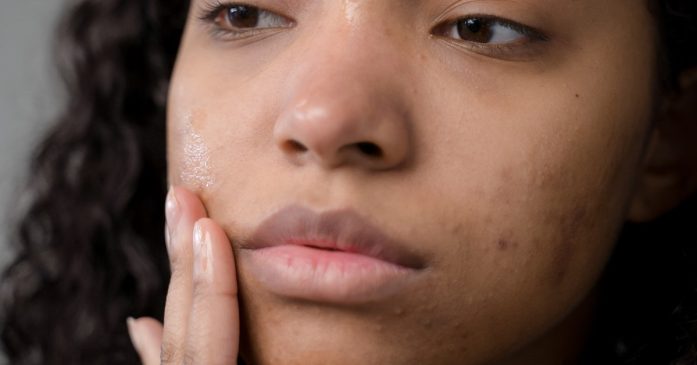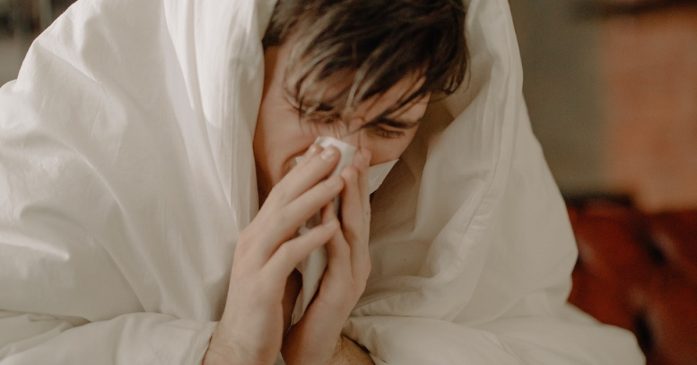In this article, we take a look at how the Wales Common Ailments Scheme can help with treating acne
Many illnesses such as acne as well as injuries can be treated without visiting a doctor. You can treat them at home, or you can visit your local pharmacy for free guidance if you require further information or treatment. This is where the Wales Common Ailment Scheme comes in. Keep reading to find out more about the common ailments scheme in wales for acne.
The Wales Common Ailment Scheme and its purpose
Those who have common ailments that are not treatable by self-care can seek free NHS counselling and treatment through the common ailments programme.
The programme offers free over-the-counter and prescription medications for the following minor diseases:
- Acne
- Sore throat
- Athletes Foot
- Backache (acute)
- Haemorrhoids
- Head Lice
- Chickenpox
- Colic
- Cold sores
- Constipation
- Oral thrush
- Ringworm
- Scabies
- Teething
- Dermatitis (dry skin)
- Hayfever
- Diarrhoea
- Vaginal thrush
- Conjunctivitis (bacterial)
- Dry Eye
- Indigestion
- Intertrigo
- In-growing toenail
- Mouth Ulcers
- Nappy rash
- Threadworm
- Verruca
Anyone with a Welsh GP practise registration or who resides in Wales is eligible to use the service. However, the patient must be physically able to visit the pharmacy.
If the pharmacist is unable to treat your ailment, they may occasionally need to recommend you to your doctor.
Can anyone use the service?
People can self-refer to this service or have their general practitioner or another healthcare provider do so. Ask the pharmacist for help if you’re confused about whether you should use this service or visit your doctor.
To use this service, you can register at a pharmacy of your choice and decide at any time to switch to a different pharmacy.

What is Acne?
Acne is a common skin condition that occurs when hair follicles become clogged with oil, dead skin cells, and sometimes bacteria. It typically affects areas with a high concentration of oil glands, such as the face, chest, and back. Acne manifests in various forms, including blackheads, whiteheads, papules, pustules, nodules, and cysts. Hormonal fluctuations, excess oil production, poor hygiene, and certain medications can contribute to acne development.
While it predominantly affects teenagers during puberty, acne can also affect adults of any age. Although not a dangerous condition, acne can be emotionally distressing and may leave behind scars or hyperpigmentation. Various treatments, such as over-the-counter creams, prescription medications, and lifestyle changes, can help manage and alleviate acne symptoms.
Causes and Risk Factors for Acne
Some of the most typical causes and risk factors for acne are:
Hormonal changes
Hormonal changes during puberty, menstrual cycles, pregnancy, and menopause can trigger acne.
Genetics
Acne can run in families, suggesting a genetic component.
Diet
It’s believed that high glycemic-index foods, dairy products, and certain types of fats may contribute to acne.
Stress
Stress can trigger acne by increasing the production of hormones that stimulate the sebaceous glands in the skin.
Certain medicines
Certain medications, such as corticosteroids, androgen blockers, and lithium, can cause or worsen acne.
Cosmetics
Some cosmetics can clog pores and cause acne, especially if they contain oils or other pore-clogging ingredients.
Environmental factors
Exposure to pollution, humidity, and certain chemicals can also lead to acne.
Treatment Options for Acne on the Common Ailments Scheme in Wales
Treatment options for acne depend on the severity of the condition and may include the following:
Over-the-counter products
There are many over-the-counter products available that can help treat mild to moderate acne. These include topical creams and gels that contain ingredients such as benzoyl peroxide, salicylic acid, or retinoids.
Other therapies to consider
Laser therapy
Laser therapy involves using a laser to kill the bacteria that cause acne and reduce inflammation.
Prescription medications
Prescription medications such as oral retinoids or antibiotics may be required for acne that is more severe. These medicines may kill germs, reduce swelling, and stop the development of new acne.
Chemical peels
The appearance of acne can be improved with chemical peels. This entails applying a chemical solution to the skin to exfoliate and remove dead skin cells.
Using the Wales Common Ailment Scheme for acne treatment is cost-effective, and you’ll have easy access to medication. But if you’d like to discuss any of the above, be sure to reach out to us and we’ll advise.
Get in touch or visit your nearest Knights Pharmacy branch today for more information and to effectively treat Acne.
This post was written on behalf of Knights Pharmacy by Pharmacy Mentor





